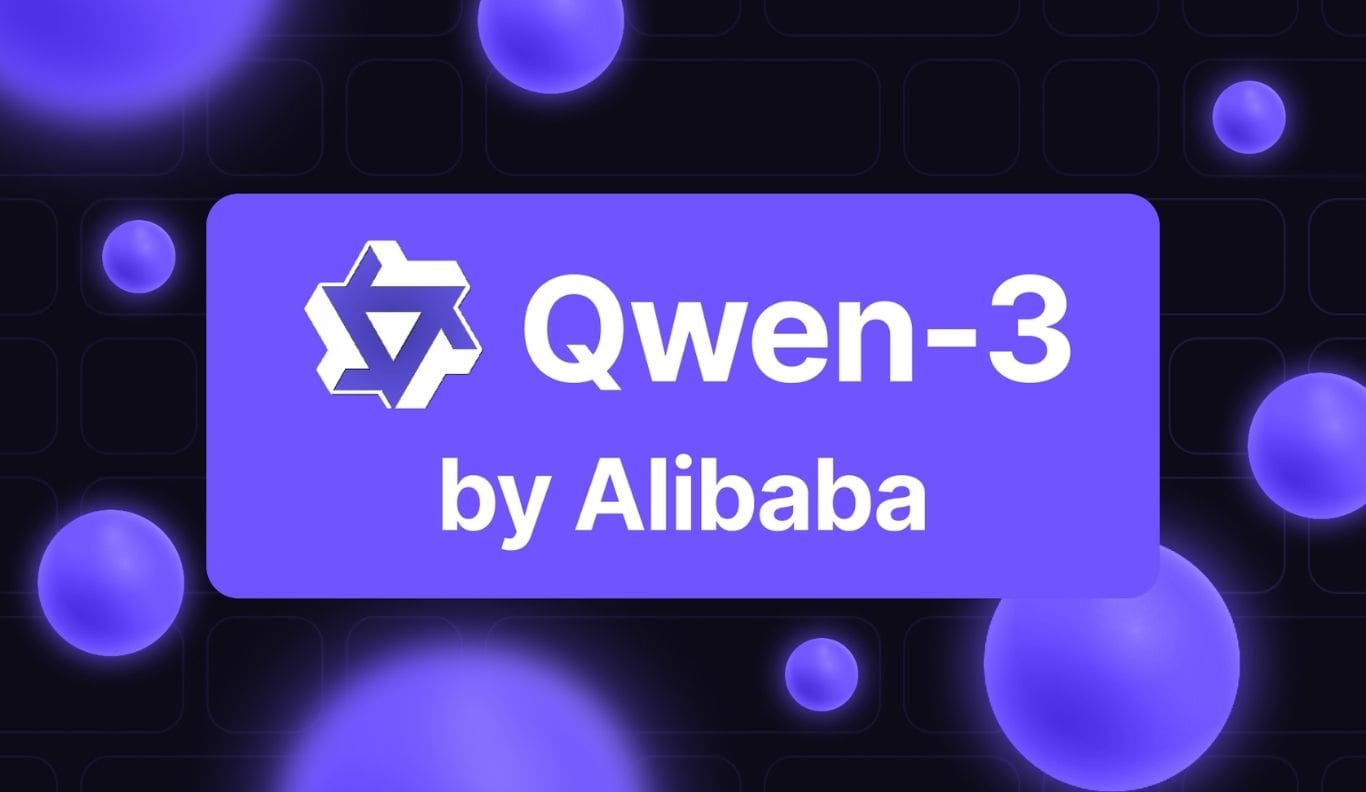Alibaba’s Qwen3-Coder Unleashes Open-Source AI Power for Advanced Code Generation

Alibaba’s Qwen3-Coder Redefines Software Automation
A Landmark Moment in Code Generation Technology
In a significant development for the global tech community, Alibaba has publicly released its most advanced open-source model aimed at transforming the future of software creation. Known as Qwen3-Coder, this innovation emerges as a high-water mark in the field of artificial intelligence, offering a leap forward in how programming tasks, automation, and workflow management are addressed. The unveiling marks not only a technical evolution but also a strategic move that positions Alibaba in direct conversation with the most prominent global AI solutions focused on programming, both in Asia and beyond.
Qwen3-Coder represents the culmination of years of effort in the AI agent space, integrating sophisticated architecture designed to solve real-world challenges faced by developers. At its core, the system utilizes a Mixture-of-Experts approach, featuring a colossal 480 billion overall parameters, with 35 billion engaged simultaneously for computations. This unique configuration enables it to manage complex, multi-stage instructions and adapt dynamically based on the nuances of code-writing tasks. The model’s capacity for deep contextual understanding is further underscored by its remarkable context window of 256,000 tokens natively—stretching up to a staggering one million tokens through advanced extrapolation—which means it can efficiently absorb and process vast amounts of programming data or understand large projects in a single prompt.
Benchmark Performance and Real-World Developer Impact
Performance metrics set a new industry bar for what open models can accomplish. Qwen3-Coder has delivered leading results in several prominent datasets and code-generation challenges, demonstrating robust abilities in areas like autonomous workflow orchestration, code review, and agent-driven software engineering. It excels at agentic coding, a term that describes systems intelligently handling not only code creation but tool use, browsing for information, and adapting code across frameworks and languages. According to published benchmarks, this model now sits in the top tier globally, rivaling – and in some cases exceeding – capabilities demonstrated by competitive offerings both in Asia and from dominant U.S. laboratories.
Another noteworthy breakthrough accompanies the model’s launch: the debut of Qwen Code, a command-line companion designed to maximize the underlying AI’s capabilities. Qwen Code builds on established software toolkits, introducing finely tuned prompts and support for seamless function calls, which allows developers to integrate intelligent automation directly into their existing stack. Compatibility with established developer environments ensures rapid adoption, while the model’s agentic features empower users with autonomous code analysis, rapid refactoring, and even end-to-end workflow management at scale.
Origins and Broader Significance
The journey to this release traces back to Alibaba’s commitment to democratizing advanced computing through open initiatives. By choosing an open-source path, the organization signals a strategic emphasis on community-driven advancement and cross-industry collaboration. The context for this move is significant: as generative models for code rapidly evolve, mastery of long-context processing and automation stands as a pivotal differentiator.
Semantically, the rise of agentic coding underscores the shift from mere “code suggestion” to intelligent systems capable of making architectural decisions, performing advanced code migration, and providing proactive guidance throughout the lifecycle of a project. With this release, a new class of solution is available to enterprises, startups, and independent programmers seeking both scalability and precision in their software processes.
Implications for the Global Coding Ecosystem
As large language models specializing in software development become increasingly central to digital transformation, Qwen3-Coder’s arrival strengthens the infrastructure supporting contemporary code production, especially in regions seeking alternatives to U.S.-centric offerings. Its breakthrough parameter count, agentic workflow management, and exceptional context handling may encourage a new generation of tools that merge automation with adaptability across languages and environments.
Ultimately, the introduction of Qwen3-Coder may represent a pivotal chapter in the story of autonomous programming. By lowering barriers to sophisticated software engineering and embracing open collaboration, this release not only accelerates the pace of code innovation but also redefines what is possible at the intersection of human expertise and machine intelligence. As industry leaders, enthusiasts, and practitioners evaluate its broader influence, the global developer community stands poised to benefit from deeper integration, smarter workflows, and an expanded horizon for code-driven solutions.
